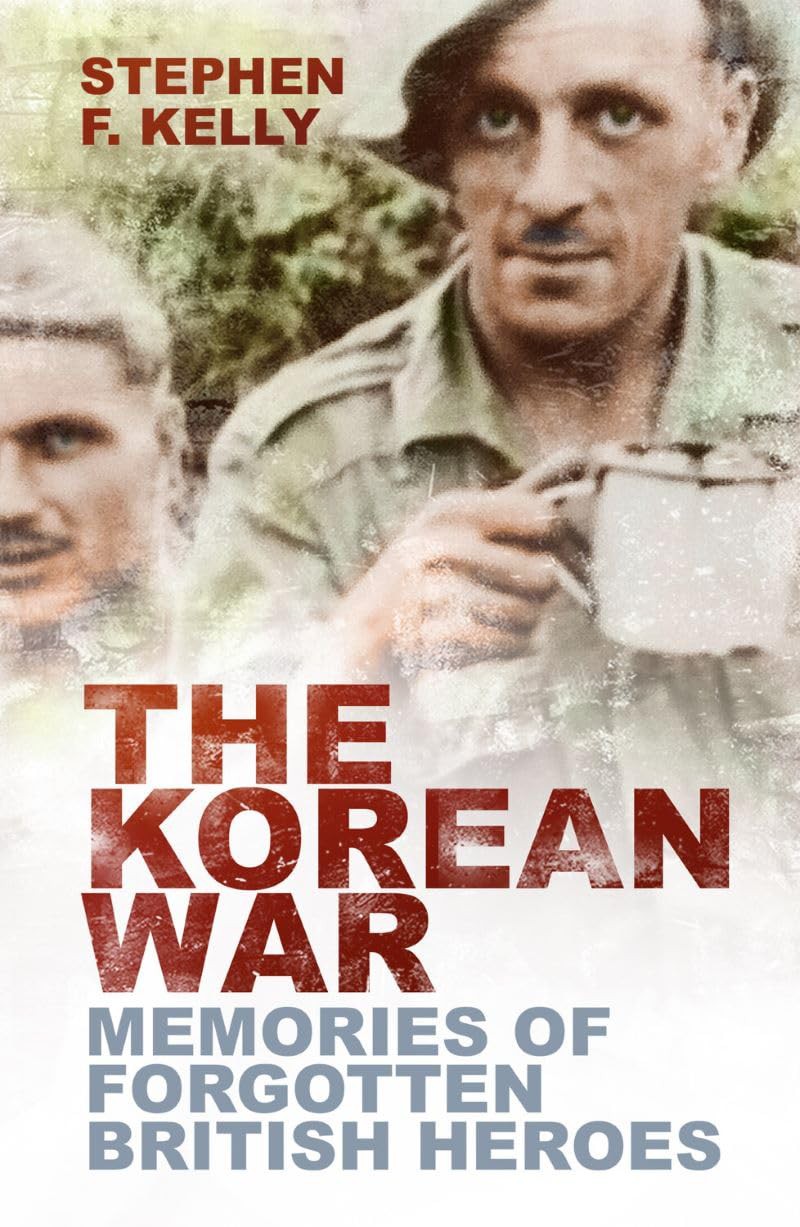Book shares the memories of Korean war veterans
A dramatic and tragic episode in British military history that will soon no longer be a part of living memory is captured in a new book by an academic at the University of Chester.

January 12, 2024